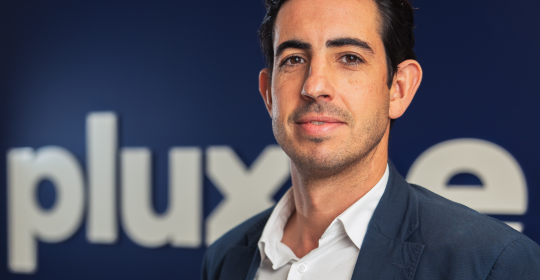Twitter recently ordered its entire workforce to move to remote working, and it seems inevitable that over the next few weeks more and more companies will be following suit in the UK. However, while remote working is familiar for some, many people have never done it for more than a day or two, and may not feel comfortable being suddenly thrust into a longer work-from-home period. John Hackston, Head of Thought Leadership at The Myers-Briggs Company, urges businesses to take personality into account when managing and communicating with their new remote workforce during the corona crisis, in order to smooth the transition.
John Hackston, Head of Thought Leadership at The Myers-Briggs Company said: “While remote working is not a new phenomenon, the move to contain the coronavirus will see many teams forced to take up remote working suddenly and unexpectedly. Most of these teams, working from home for the first time, may not have had the chance to trial how they can best work together in these types of settings. Individual team members may enjoy the peace and quiet of home working, or miss the buzz of the workplace. Therefore, employers must consider how their workforce will receive the change, and particularly those with different personality preferences. Individuals will experience a change in different ways – some may immediately feel anxious while others will relish the challenge and even the uncertainty that change can bring.”
“For instance, some that are suddenly thrust into working alone may find it too quiet or feel isolated. Managers can avoid this by incorporating collaboration tools or by creating virtual spaces for informal communication that would normally be a natural feature of teams that are usually office-based. One tool that can prove useful to employers is the MBTI® assessment – a framework for understanding an individual’s personality preferences as well as their strengths and blind spots. It is also a valuable foundation for building self-awareness and allows individuals to better understand themselves – something that is particularly important in times of change and crisis. By better understanding how different people approach and deal with change, employers stand the best chance of success when communicating and executing their plans.”






